Grey
START project: toddlers with a connection to autism or ADHD
The START programme was developed for toddlers with a connection to autism or ADHD. Research indicates that they may benefit from additional support to promote the development of strong thinking, attention and regulation skills that enable us to control our impulses, think flexibly to solve problems, and set and work towards goals. The programme was developed by Dr Alexandra Hendry (a developmental psychologist at the University of Oxford) in collaboration with Peeple.
The START team are now recruiting families with a child born between April - October 2022.
Find out more, and sign up to take part: www.startproject.info email: start@psy.ox.ac.uk or tel 07310 876421
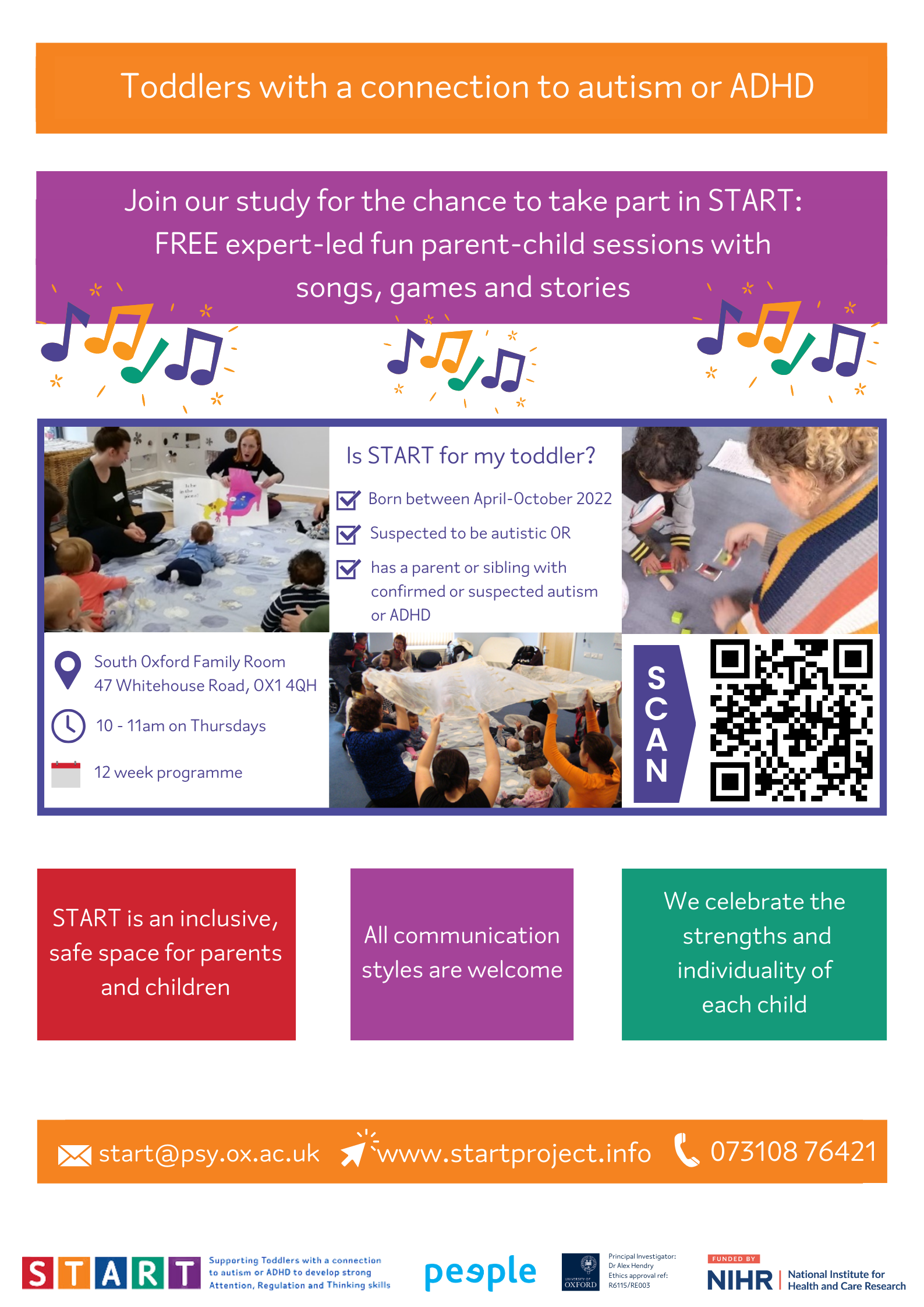
Feature box colour:
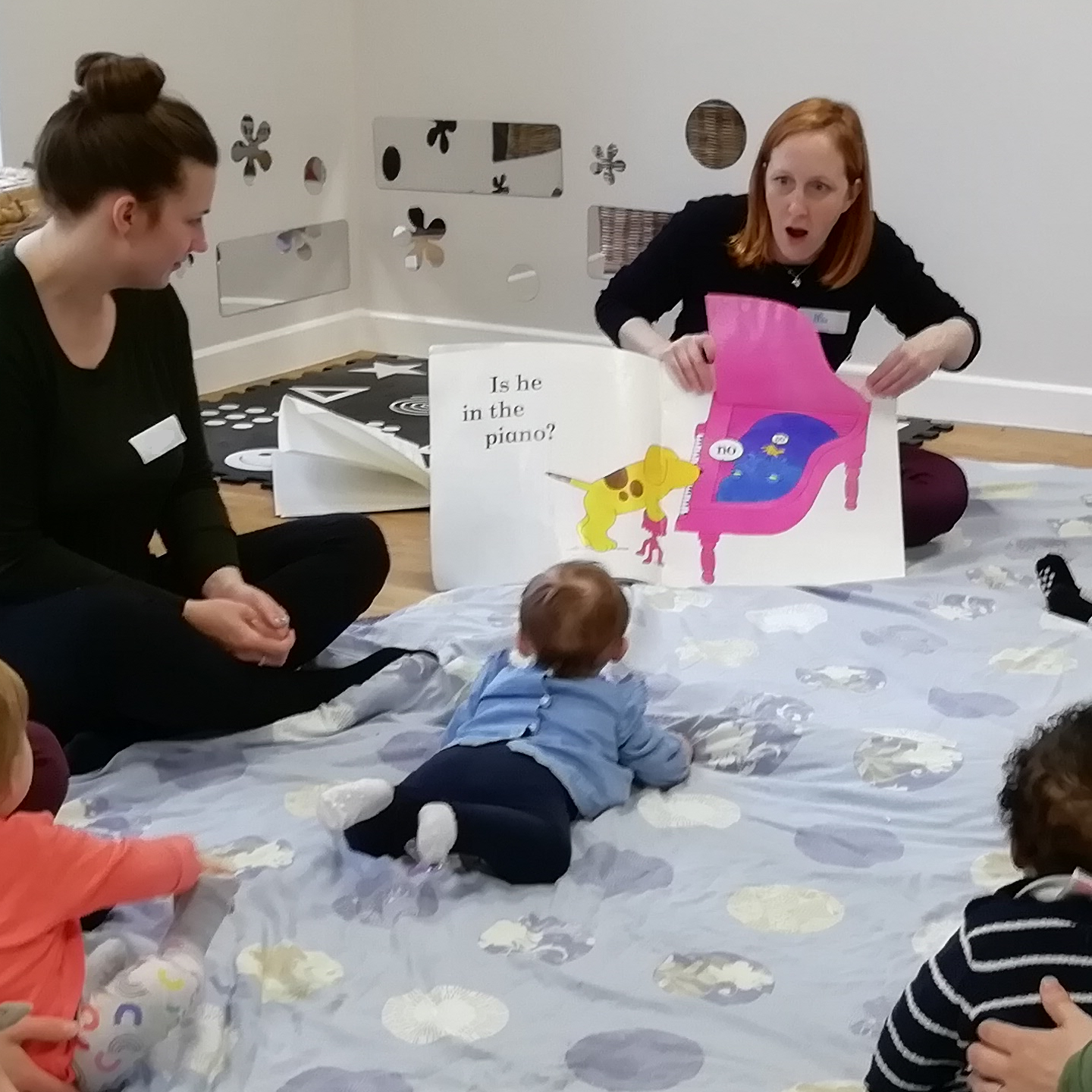
Side Quote Color:
our sponsor: best years
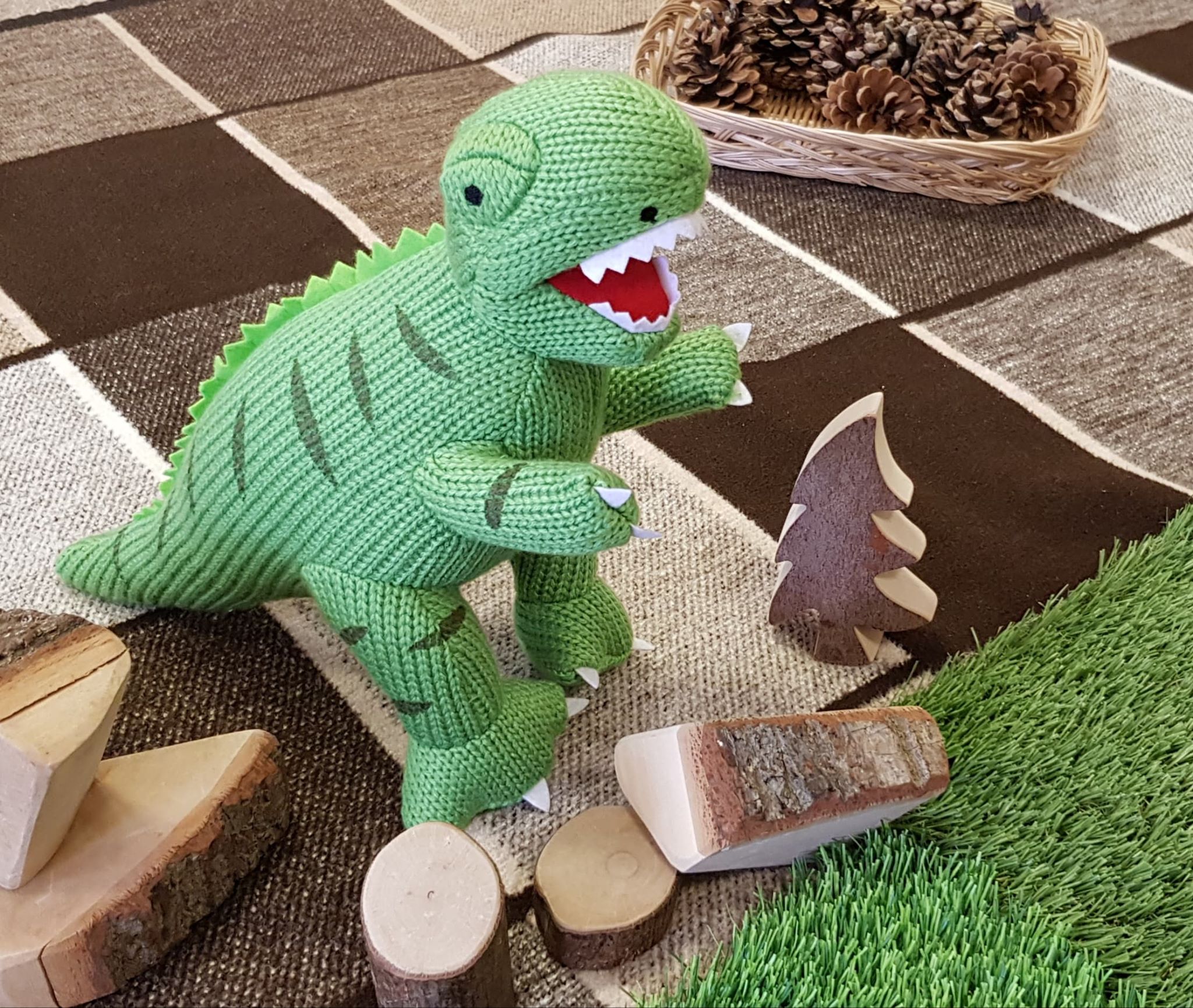 We’re delighted to be sponsored by Best Years, the ethical toy company, as their chosen charity for 2019. They have donated some of their beautiful knitted toys to us, for our local practitioners to use with families in Peep groups and in our Peep Pre-school and Little Peeple Nursery. We are also giving some away to Peep practitioners and families more widely, so keep an eye on our social media pages for opportunities to win them!
We’re delighted to be sponsored by Best Years, the ethical toy company, as their chosen charity for 2019. They have donated some of their beautiful knitted toys to us, for our local practitioners to use with families in Peep groups and in our Peep Pre-school and Little Peeple Nursery. We are also giving some away to Peep practitioners and families more widely, so keep an eye on our social media pages for opportunities to win them!
In the picture you can see the Best Years dinosaur that was won by Kaylee at Tattershall Children's Centre in Lincolnshire. The children in her Peep Learning Together Toddlers group have named him Harry, and he's been making lots of new friends.
Best Years not only specialise in tactile knitted toys that support the sensory development of babies and young children, but spend time developing relationships with the people who make their toys. You’ll see more of their toys on our pages in the coming months, and you can find out more about Best Years on their Facebook, Twitter or Instagram pages and on their blog.
Feature box colour:
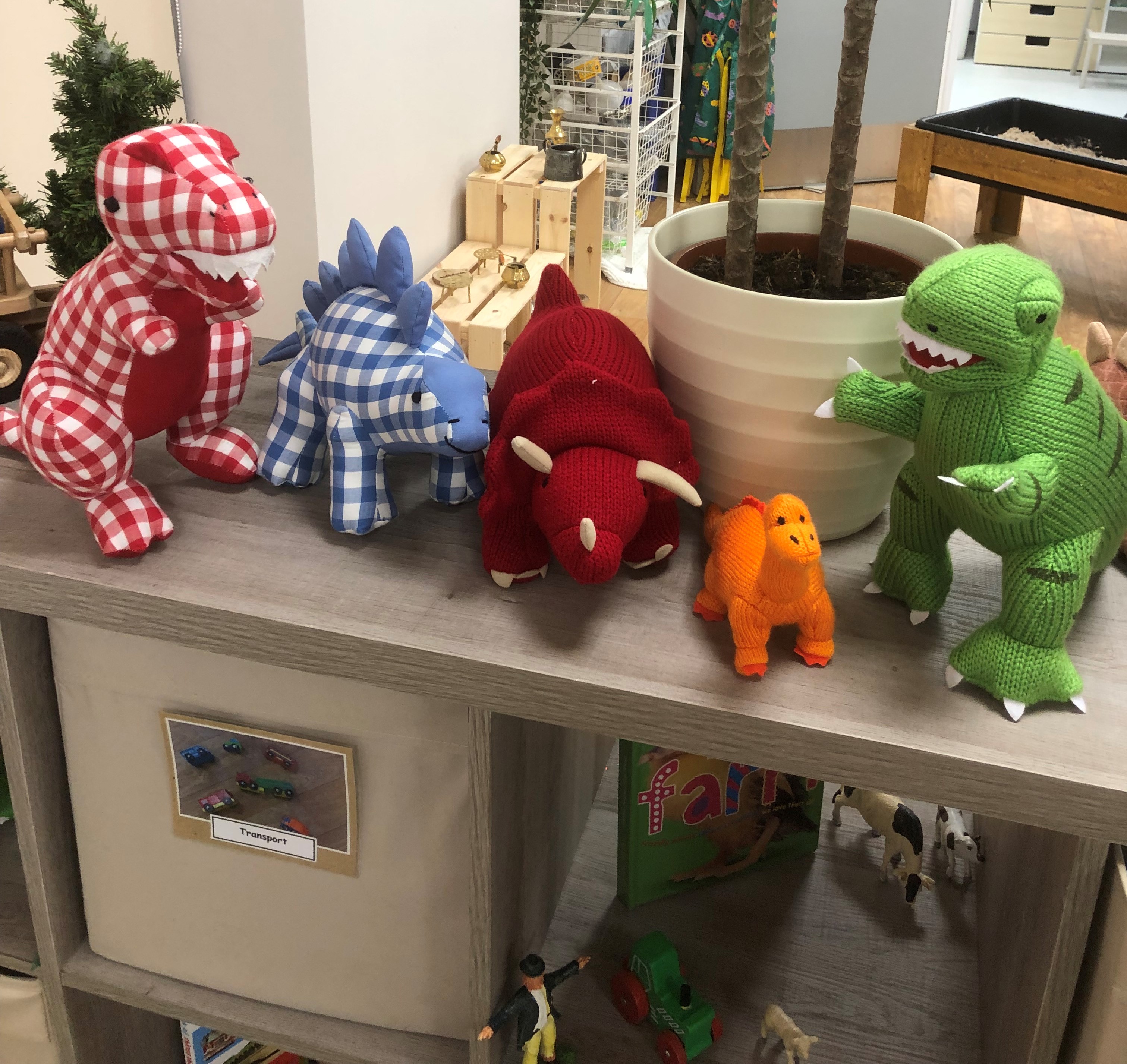
Side Quote Color:
baby & toddler club: cbeebies
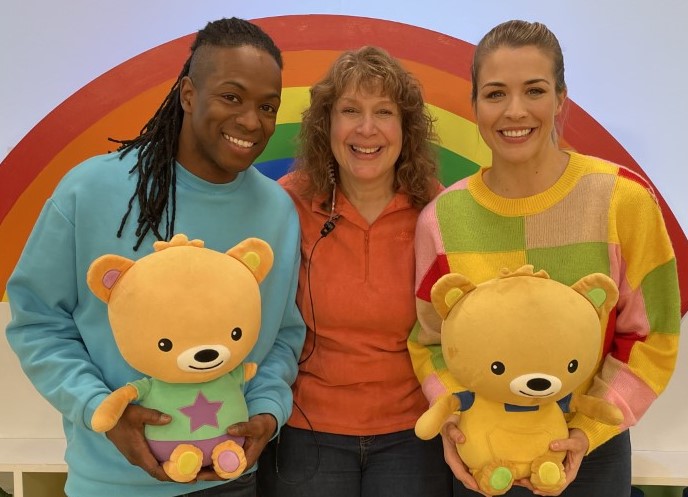
April 2022 update: CBeebies' The Toddler Club is now on our TV screens! We had great fun meeting new presenter Gemma Atkinson late last year as her Toddler Club journey began, to talk all things working with toddlers and families.
It was fantastic to be back as educational consultant for the filming in the studio, with the amazing families, presenters and production team (Peeple's Helen pictured with Gemma, Nigel Clarke, and toddler twin bears Bailee and Benjee). As Gemma put it: "This show is about showing all aspects of parenting. No judgment, lots of laughs, snot, tears and tantrums. Basically the everyday life of parenting that we all navigate in our own way."
You can see the latest 15 minutes episode every weekday during April on CBeebies, or catch up with the Toddler Club on the BBC iPlayer. It combines toddler group sessions with songs, story and activities - as well as toddlers who sometimes join in and sometimes don't, just like they do (or don't!) - and new clips from families' homes, which were so popular in 'The Toddler Club at Home' episodes during the lockdowns. (If you have a baby, you can still find The Baby Club episodes on the iPlayer too.)
We hope you enjoy it - and if it inspires you and your little one to join a baby or toddler group, you can find out more in our Parents Area.
October 2021: the team are working on the first series of The Toddler Club to be filmed in the studio, with lots of local families and lively toddlers!
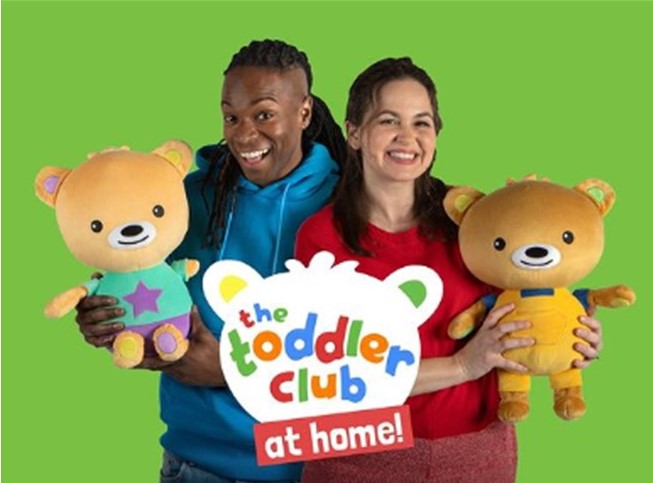
This follows the success of 'The Toddler Club at Home', filmed remotely during lockdown including lots of great clips from families. Click the links to catch the 20 episodes of The Toddler Club at Home or the first 98(!) episodes of The Baby Club on the BBC iPlayer, and lots of great Baby Club songs to join in with.
January 2021: The latest series from the team is now on CBeebies and BBC iPlayer - this time 'The Toddler Club at Home', to include slightly older children. There are 20 brand new episodes of about ten minutes each. They pack in lots of simple ideas (and clips from families at home) around a theme such as routines, opposites, colours, conversations. Rather than using a story book, Nigel or Gi tell a story and invite children and parents to join in - you don't need a book to tell a story! And there are twin baby bear characters to meet, and a catchy new toddler bop song.
June 2020: New ‘The Baby Club At Home’ episodes have started on CBeebies - offering parents and their babies (up to 18-months or so) the chance to join in with new ideas and activities, have a sing-a-long and maybe even spot yourself in the process! It's hosted by the usual presenters Giovanna Fletcher and Nigel Clarke from their own homes, along with lots of video-clips sent in by parents, of themselves and their babies playing and singing during lockdown. It's a spin-off series of the hit CBeebies ‘The Baby Club’, and we at Peeple are excited to be educational consultants again! Short 6-minutes episodes are on CBeebies at 9.25am every Saturday and Sunday, and available afterwards on the BBC iPlayer.
Feb 2020: BBC television's The Baby Club on CBeebies has been commissioned for a third series, and we're delighted to be working on it again as educational consultants. We've also been working with The Baby Club Team on a related book Play and Learn with your Baby, which has just been published by DK.
The Baby Club is CBeebies' first TV programme for parents, as well as their babies and toddlers. Presenters Nigel Clarke and Giovanna Fletcher will be back, along with Baby Bear, and lots of new ideas and activities to share.
The Baby Club is a 15-minute programme, sharing simple play ideas, songs and stories with parents and their babies, using everyday objects from around the home. It also gives a taste of what it's like, going to a parent and baby group. It's built up a loyal following with families, and we hope you enjoy it too. If you haven't seen it yet, you can catch the first two series on the BBC iPlayer.
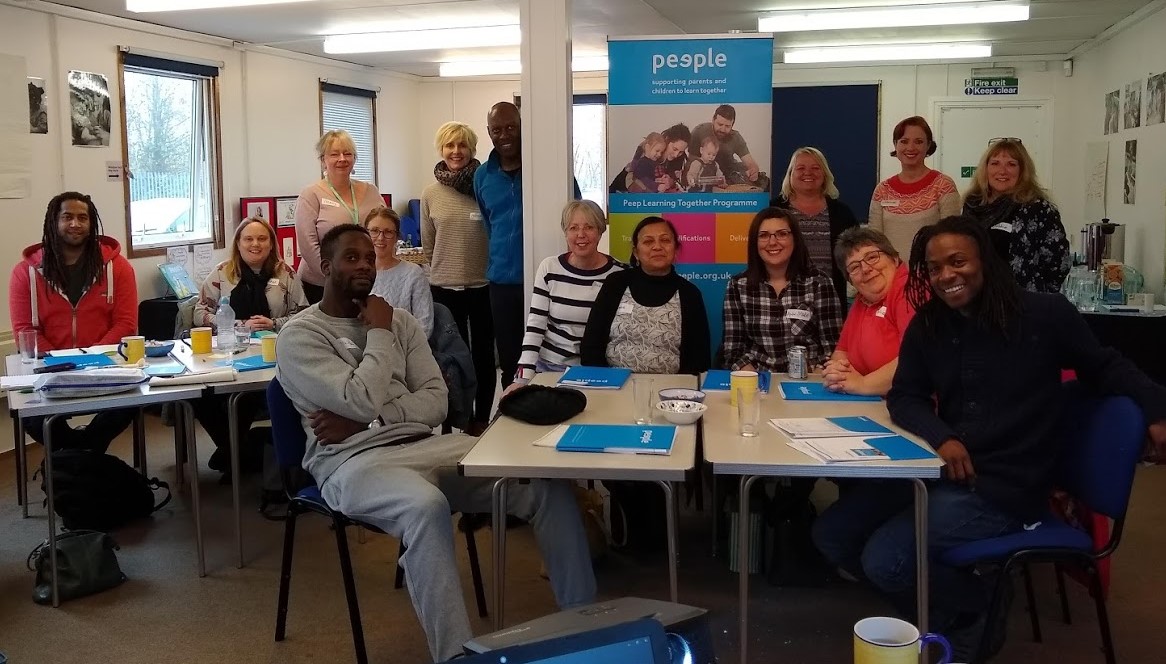
It was great fun sharing our Peep Learning Together training with Giovanna and Nigel - you can see Nigel with his fellow Peep practitioners on the course he attended here at the Peeple Centre before the first series. He's also been writing his Nigel's Baby Club Diaries blog, which is well worth a look.
Check out our social media pages where we share similar ideas for things to do at home - for babies, toddlers and pre-schoolers. And hopefully you or parents you work with will be inspired to find a local parent and baby/ toddler group, like Peep, if you haven't already!
Peep Facebook, Peep Instagram and Peep Twitter - all @PeepleCentre | TheBabyClubTV instagram | Nigel's instagram | Gemma's instagram | Foundation Years Trust Instagram | Three Arrows Media Instagram | Play and Learn with your Baby book
Feature box colour:
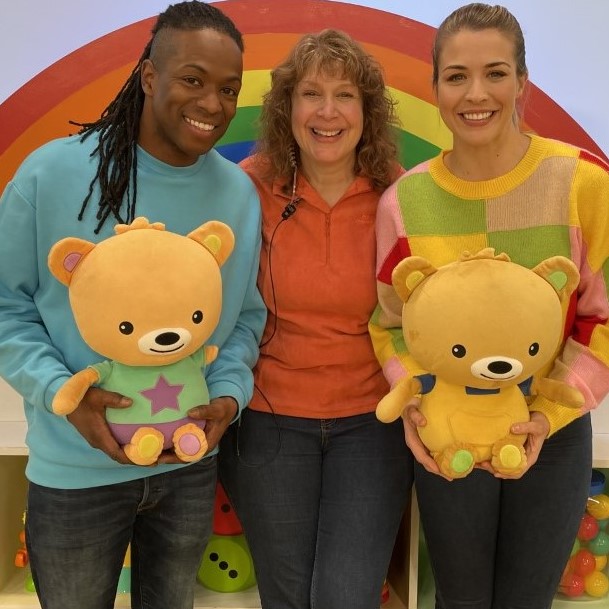
find out more or book training
tel 01865 397 970
training@peeple.org.uk
> dates & booking
> in-house training
> training courses
> sign up to our e-newsletter
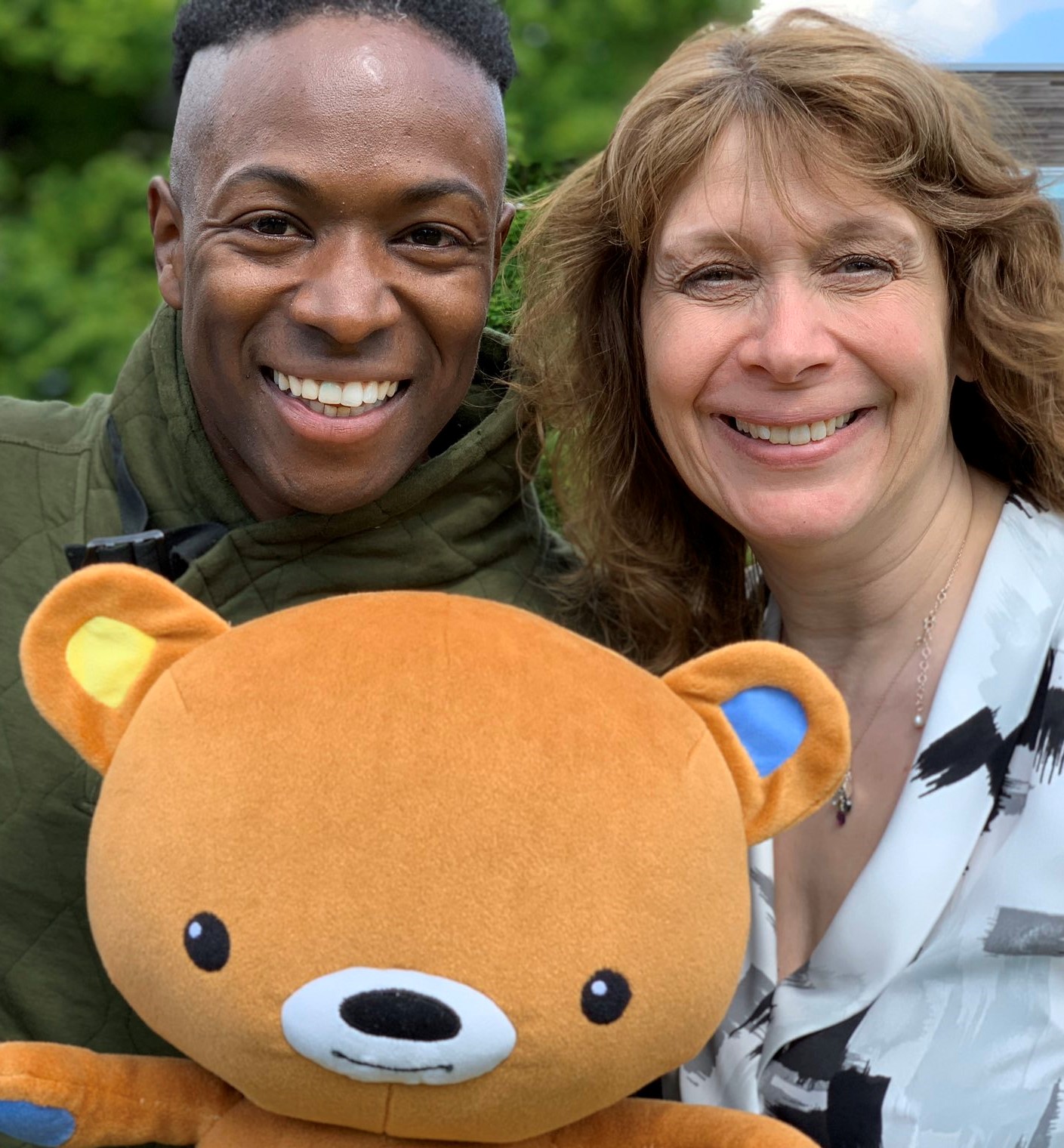
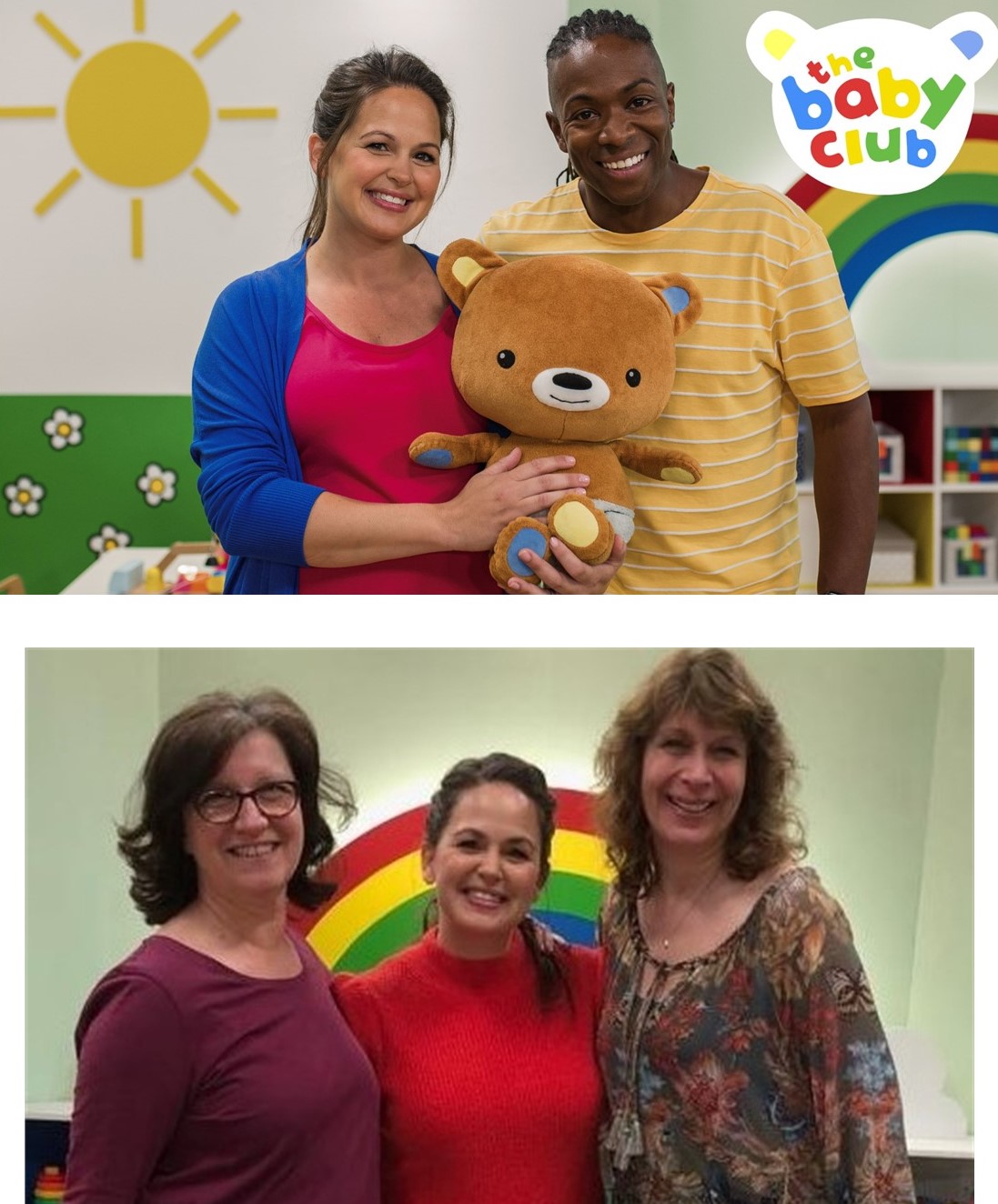
Side Quote Color:
funding Peep training and delivery
Government funding is available across the UK to provide focused support for young children, particularly those who are eligible for free school meals (or equivalent), to help close the attainment gap. All Peep Training courses will increase practitioners’ confidence, knowledge and skills in working with parents (as well as children) to support the home learning environment and improve children's outcomes.
In England, some funding is via the Early Years Pupil Premium (EYPP). This is additional Department for Education (DfE) funding for early years settings in England, to improve the education they provide for 3- and 4-year-olds who are eligible for free school meals (or equivalent). Local guidance is provided on each county council's website. It is up to each setting how you spend the money - it can benefit all children in the setting but has to have a main focus on the needs of the EYPP children.
DfE research indicates the main ways in which Early Years providers have been using the funding: to support communication and language, personal social and emotional development (PSED), literacy and numeracy, and/or physical development and outdoor play. They are doing this through additional staff time for EYPP children, buying resources, staff training, and engaging parents to support home learning.
In Wales, the equivalent funding is via the Early Years Pupil Development Grant (EYPDG). The guidance explains that the main purpose of the funding is to improve the quality of settings/ classrooms and teaching, and that ways of doing this include: training and supporting staff on the importance and role of family engagement; making home links to encourage activities to support early language and numeracy skills, or developing children’s independence skills, self-regulation, healthy eating etc; and developing partnerships with parents/carers, families and communities.
The government is also funding the Family Hubs and Start for Life programme in 75 local authorities in England - you can read more about how Peep can support the work of Family Hubs and the home learning environment.
Feature box colour:
find out more or book training
tel 01865 397 970
training@peeple.org.uk
> in-house training
> training courses
> sign up to our e-newsletter
Side Quote Color:
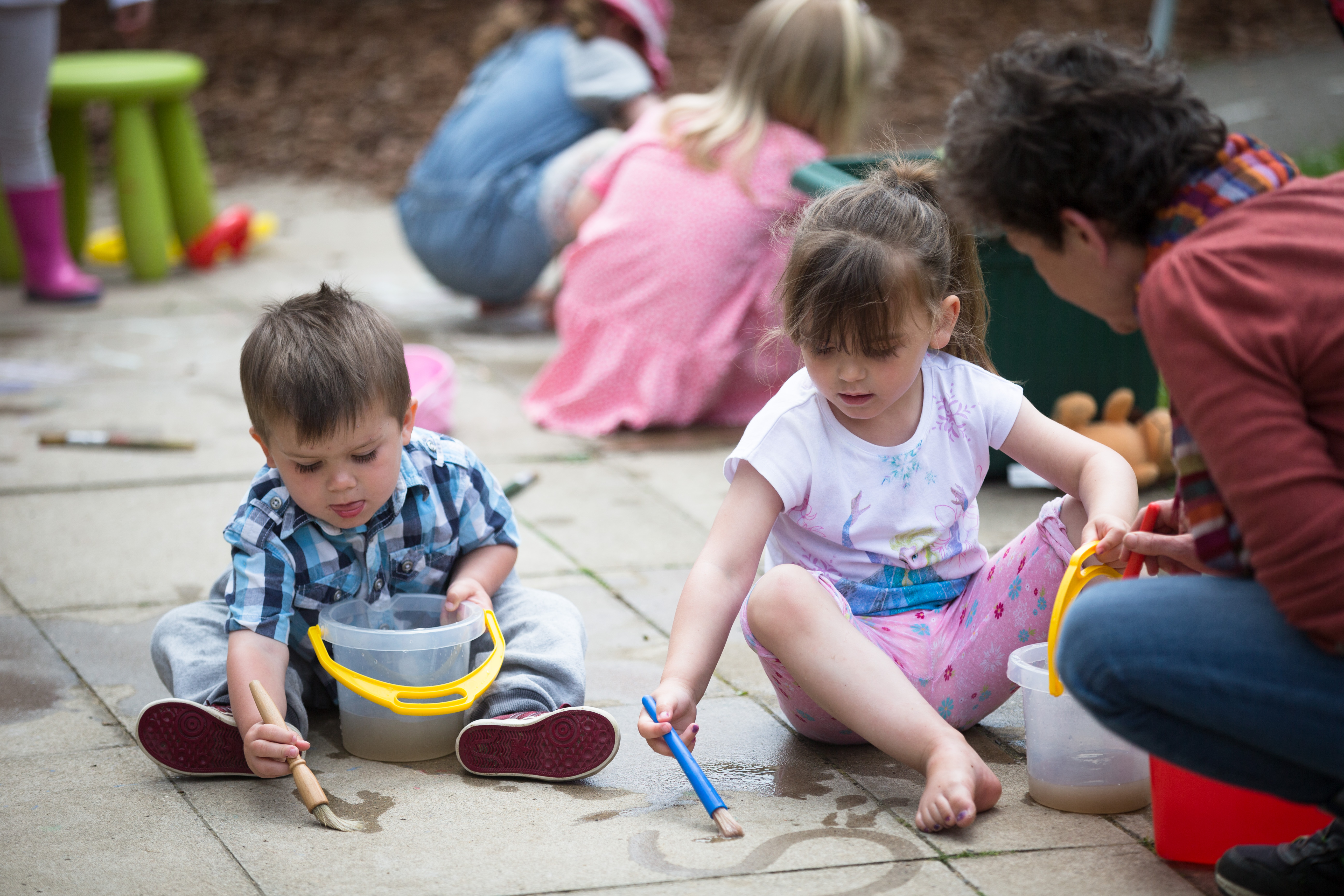
multi-agency case studies
Joint Peep delivery happens around the country (and beyond) with various combinations of: education, childcare, health, family support, community learning and development, social work, voluntary sector, leisure, prison, etc. Several local authorities use Peep as part of their strategic plan to work with parents to support children's learning and school readiness.
Follow the links for examples of how Peep is being used in this multi-agency way:
> Early Help, Nottingham - Early help, Children's Centre and Nursery practitioners offering targeted Peep groups for families with babies, children getting ready for Nursery, and Chatter matters
> Intergenerational Peep, Aberdeen - babies and children, parents, and older participants in a local day centre
> Early Years-led Peep in Benalla, Australia - practitioners from the voluntary sector, education and health, and links with family services, specialist health services, and micro-finance services.
> Education-led Peep in Dundee - practitioners from education/nursery settings, bilingual support service, social work, adult learning, leisure and culture, and the voluntary sector.
> Health and community learning-led Peep in Edinburgh - midwives, health visitors, community learning and development workers and voluntary sector workers.
> Family support-led Peep in Galway - working with families including those from traveller and EAL communities, and professionals from childcare, parent and toddler groups, family support, Home-Start, vocational education committee, home school liaisons and school completion projects.
> Educational psychology-led Peep in Stirling - family support workers in Health and Education, Early Years’ Educators from nurseries, practitioners from Homestart and the Learning & Employability team.
> Peep in high schools in Moray - health and home school link workers, families and pupils (developing the young workforce)
> Family Learning & employability in Derby - stepping stones into learning and work with the Peep Progression Pathway: NOCN certificate in 'Supporting early learning at home'
> Children's social work and family & community support in Aberdeen - a multi-agency, city-wide approach, led by Social Care.
> Using Peep in a museum in Oxford - Learning officers for families in the Ashmolean Museum extended their existing 'Little Ashmoles' sessions for toddlers and parents, and included elements of the Peep Learning Together programme with exploring aspects of the musuem, to deliver 'Baby Ashmoles' sessions within the Ashmolean.
Feature box colour:
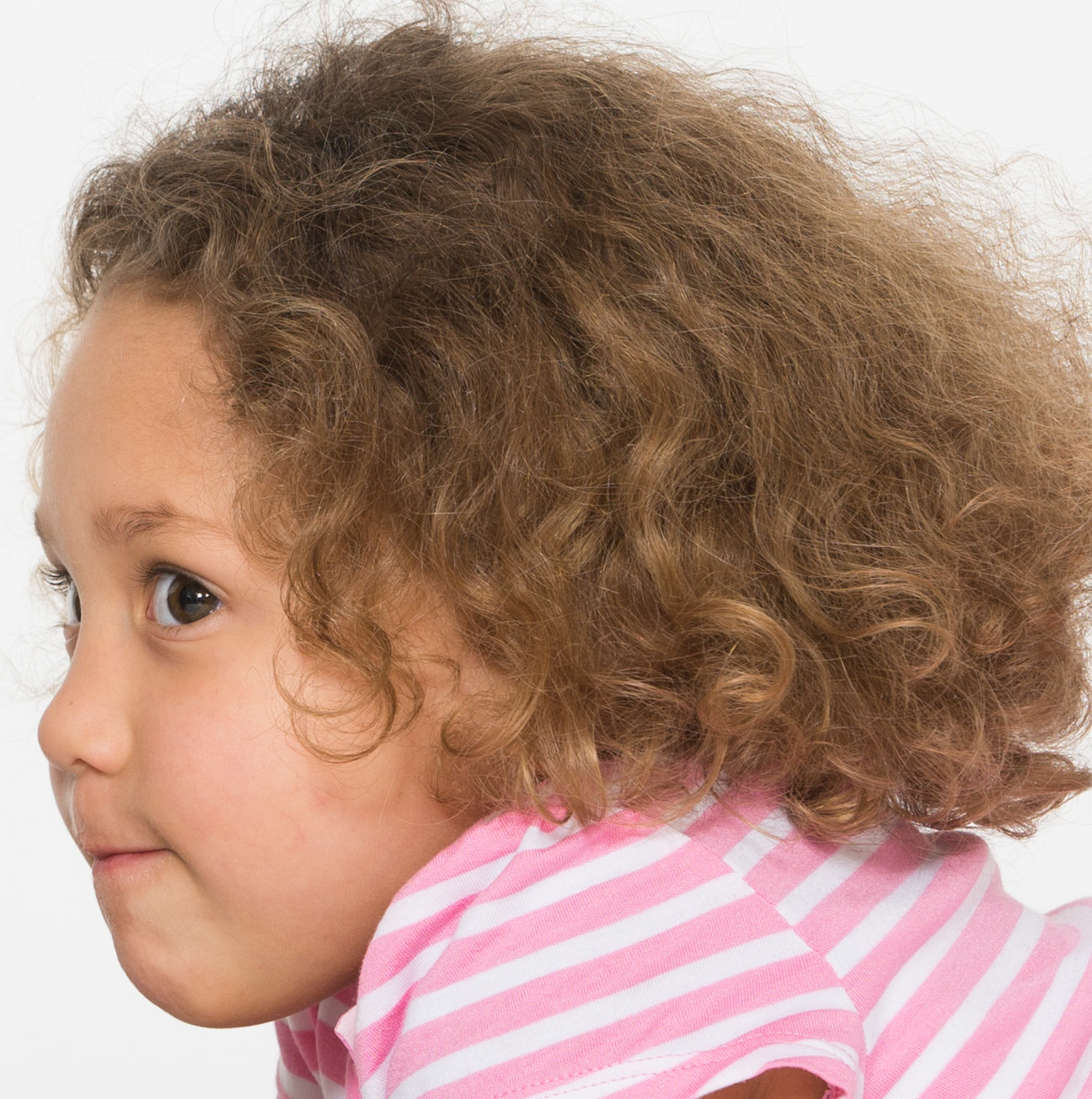
find out more or book training
tel 01865 397 970
training@peeple.org.uk
> dates & booking
> in-house training
> training courses
> sign up to our e-newsletter
Side Quote Color:
Early Years funding in England and Wales - how Peep fits
Government funding is available across the UK to provide focused support for young children, particularly those who are eligible for free school meals (or equivalent), to help close the attainment gap.
In England, some funding is via the Early Years Pupil Premium (EYPP). This is additional Department for Education (DfE) funding for early years settings in England, to improve the education they provide for 3- and 4-year-olds who are eligible for free school meals (or equivalent). Early years providers are any organisation offering education for children aged under 5, including nurseries and childminders. Local guidance is provided on each county council's website. It is up to each EY provider how you spend the money - it can benefit all children in the setting but has to have a main focus on the needs of the EYPP children.
DfE research indicates the main ways in which Early Years providers have been using the funding: to support communication and language, personal social and emotional development (PSED), literacy and numeracy, and/or physical development and outdoor play. They are doing this through additional staff time for EYPP children, buying resources, staff training, and engaging parents to support home learning.
In Wales, the funding is via the Early Years Pupil Development Grant (EYPDG). The guidance explains that the main purpose of the funding is to improve the quality of settings/ classrooms and teaching, and that ways of doing this include: training and supporting staff on the importance and role of family engagement; making home links to encourage activities to support early language and numeracy skills, or developing children’s independence skills, self-regulation, healthy eating etc; and developing partnerships with parents/carers, families and communities.
Peep training courses for practitioners that help narrow the gap and support EYPP and EYPDG children
All Peep Training will increase practitioners’ confidence, knowledge and skills in working with parents (as well as children) to support the home learning environment. Peep Learning Together Programme Training is a 2-day course. It includes online access to the Learning Together Programme, which focuses on 5 developmental strands: Communication and Language, PSED, Health & Physical Development, Early Maths and Early Literacy. Trained practitioners can focus on topics from any of these strands.
peep resources
These can be used with or by families, and can be ordered from our website shop:
- Singing Together CDs/ audio downloads, and Singing Together in Urdu & Punjabi
- Peep the parrot storybook and Stories and songs in Punjabi and Urdu CD/MP3/ book
- Learning Together Programme folder (for trained practitioners to use in your work with families)
using your Early Years Pupil Premium (EYPP) - how Peep training can support your school or setting
Feature box colour:
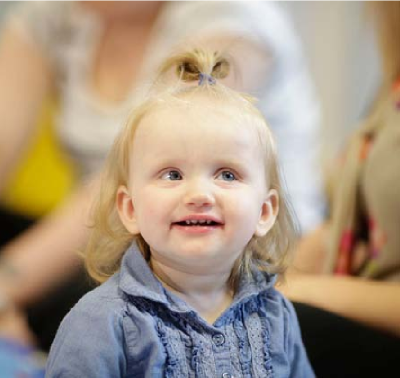
find out more or book training
tel 01865 397 970
training@peeple.org.uk
> dates & booking
> in-house training
> training courses
> sign up to our e-newsletter
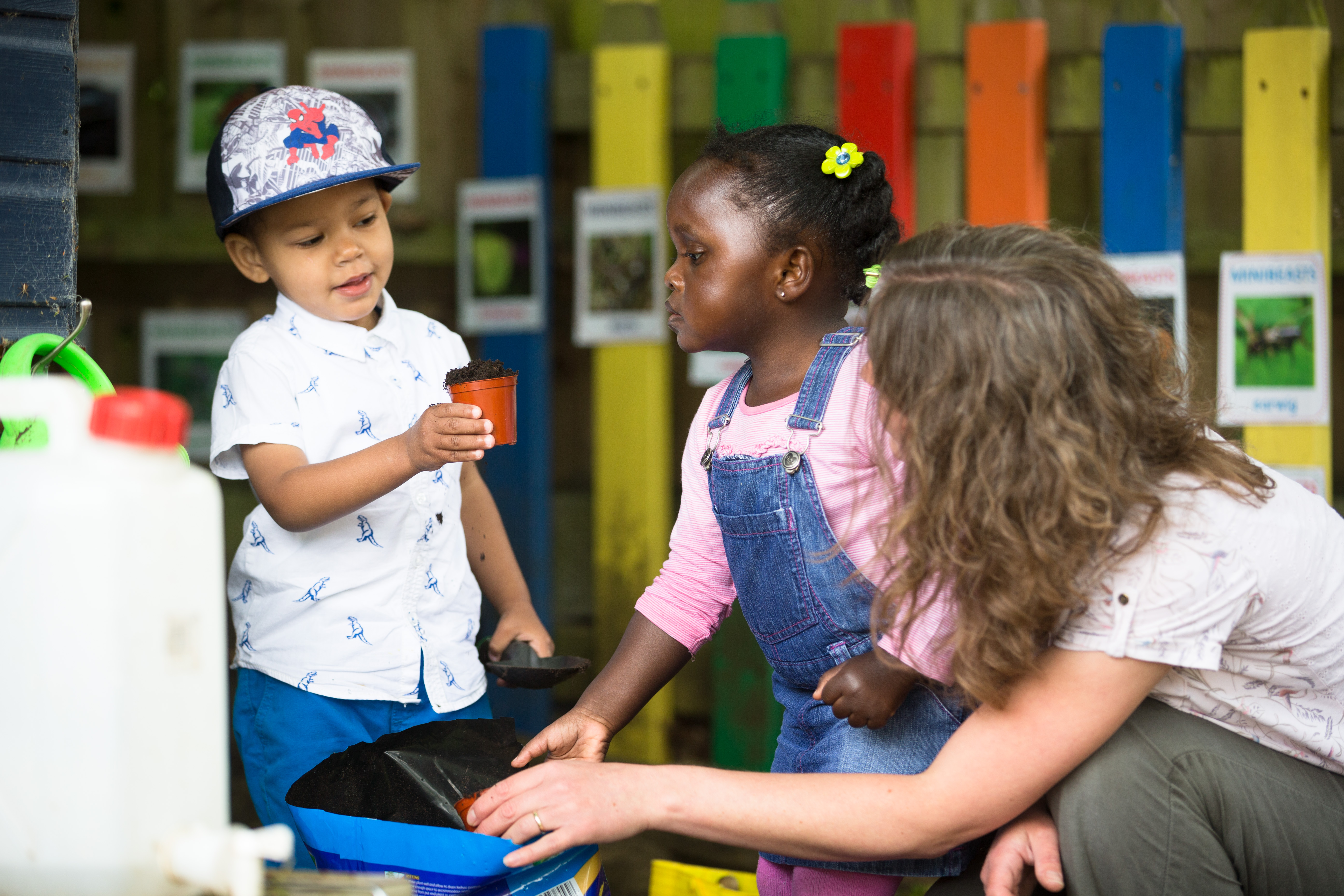
Side Quote Color:
Peep Dolly Parton's Imagination Library
Dolly Parton's Imagination Library is an amazing book-gifting programme, set up by Dolly to increase the number of children’s books in families’ homes. Each child receives a free book to keep, every month from birth to five, delivered directly to them at their home address.
Why books at home matter: Reading is food for the brain! Children who have a favourite book are more likely to become confident readers. Having books at home makes a real difference to babies' and children’s love of stories and books. This gives them a flying start in learning to talk and read, and extends their language - children's vocabulary at age five is the biggest predictor of how well they do later in life.
‘We love the books we get as my son likes books now and we always carry one with us. Books can cost a lot of money so it’s not something we can buy. It’s good for learning too.’ Peep group & Imagination Library parent
how it is funded - and how you can help Donate to our local Imagination Library
Imagination Libraries are funded by local donations, with subsidised, high-quality children's books provided via the UK branch of Dolly's Imagination Library. The Peep Imagination Library started in the Leys in south Oxford in August 2014 with the help of generous local donors. It extended to include Growing Minds (Littlemore and Berinsfield) in February 2020.
August 2024 update - the total number of books delivered to local families to date is 68,321! It is offered to all local families with under fives - 945 children currently receive their free book every month, and 860 have 'graduated', with a bookshelf full of fantastic books to continue reading together at home. In the past year we have delivered over 11,000 books!
We need to raise more funds to enable us to continue and expand our book-giving Imagination Library. £2.08 per month (£25 a year) will fund a book a month for one family (including postage). Rod Nicholson raised over £6,000 in total Bicycling for Books in August 2023, participating in the world's oldest cycling event, 1200km (750 miles!) from Paris-Brest-Paris. A huge thanks to Rod and everyone who so generously donated.
Any donations big or small, one-off or regular, are gratefully received - and really help boost children's enjoyment and confidence as readers.
> Find out more about how to donate
‘One mum in our group said ‘it’s like winning the lottery, and I never win anything usually’. This mum has been having a hard time and she really loved the opportunity for her baby.’ Peep practitioner
what do the children receive?
Dolly Parton's Imagination Library works with Penguin books, and the book list is chosen to provide a range of high quality, age-appropriate books. Eight weeks after a baby is registered they receive the first book. We have started giving out the ‘welcome book’, The Tale of Peter Rabbit, when the parent registers so that they have a book straight away. The families really enjoy this first book - and the welcome letter from Dolly Parton inside the front cover. The books come addressed to the child every month and continue until the child is 5 years old, when they receive the graduation book. This means the child could have a library of over 60 books.
inviting families to join
We reach families in a variety of ways:
- Child health clinic drop-in and Peep groups: We share information via our regular drop-in session at a local child health clinic (Early Explorers), as well as local weekly term-time Peep groups for babies and toddlers
- Little Peeple Nursery: We hold termly book events and invite all the nursery families to attend. The children also receive a book every month, so the children see the book in nursery and at home. The nursery staff extend the book with related activities in the sessions.
- Partnership work: At Peeple we have built up good links with partner agencies and other professionals such as health visitors, sharing what we do and how we register the families. For example, one health visitor is working with a traveller family that had no fixed address, so the books had nowhere to be delivered. We arranged for the books to be delivered to the health centre and the health visitor delivers the books on her visits.
- Word of mouth: Free books are a great way to engage with families. More families are hearing about the local Imagination Library through word of mouth, so they are starting to contact us when they have a baby.
setting up your own Imagination Library
If you’re interested in setting up an Imagination Library in your area - or to check if there already is one near you - have a look on their website: www.imaginationlibrary.com/uk. It really complements our local Peep work and the families love it. We attend the Dolly Parton Imagination Library UK's biennial conference, and have twice presented there. If you already have a local Imagination Library then do get in touch with us if you have any other questions about using it alongside Peep, or if you'd like to attend Peep practitioner training to broaden your skills in sharing books and stories with families.
Feature box colour:
> Click to find out how you could make a one-off or monthly donation
or contact us to find out more about the Peep Imagination Library:
email: families@peeple.org.uk
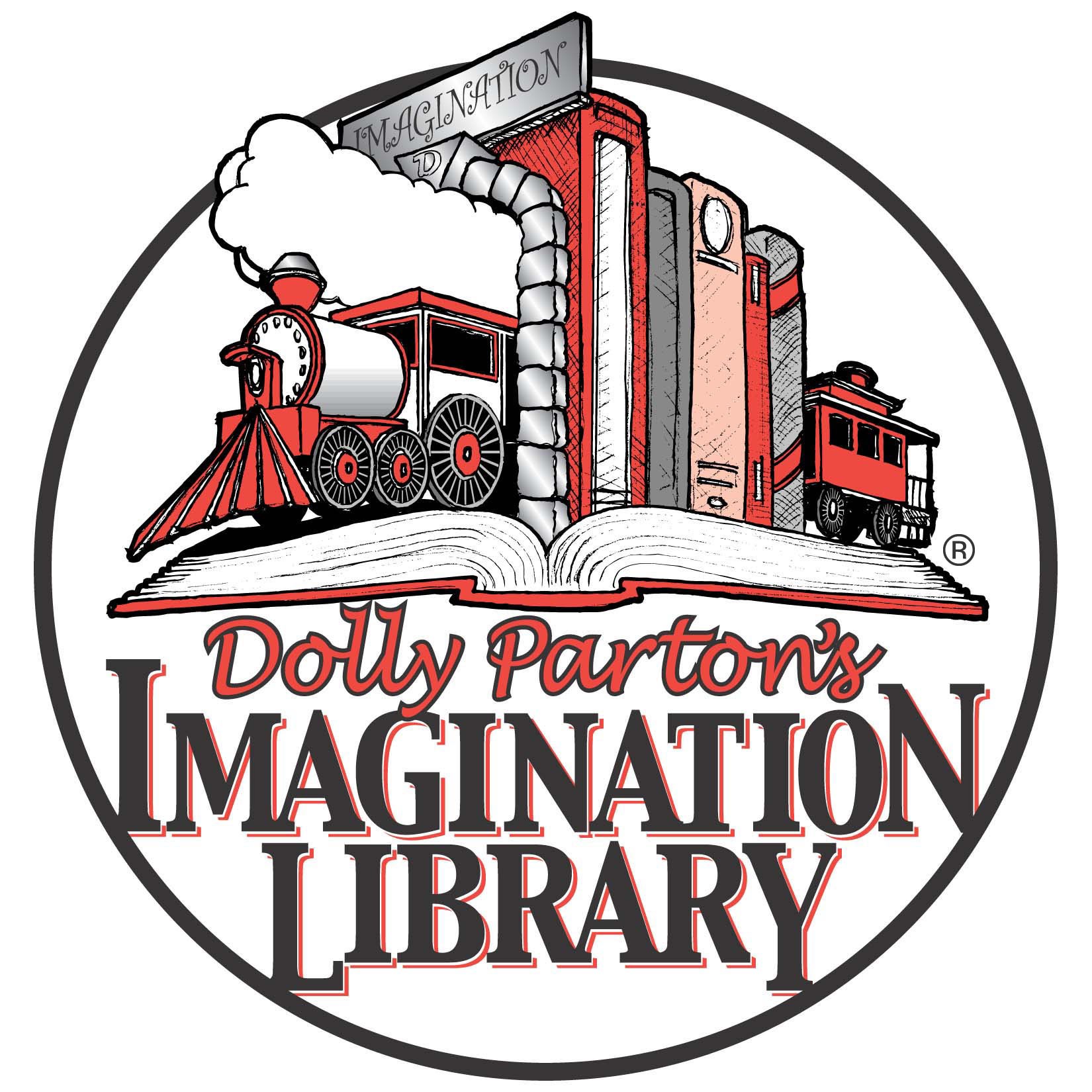

Side Quote Color:
peeple policies
You can download our policies in relation to Peeple below:
> Complaints Procedure and Form
> Equal Opportunities and Diversity Policy
> Safeguarding Policy and Procedure
> Online Video-conferencing and Groups Guidelines
Our early education and childcare policies can be found on the Little Peeple Nursery policies page.
Multi-agency tools are available on the below websites:
Feature box colour:
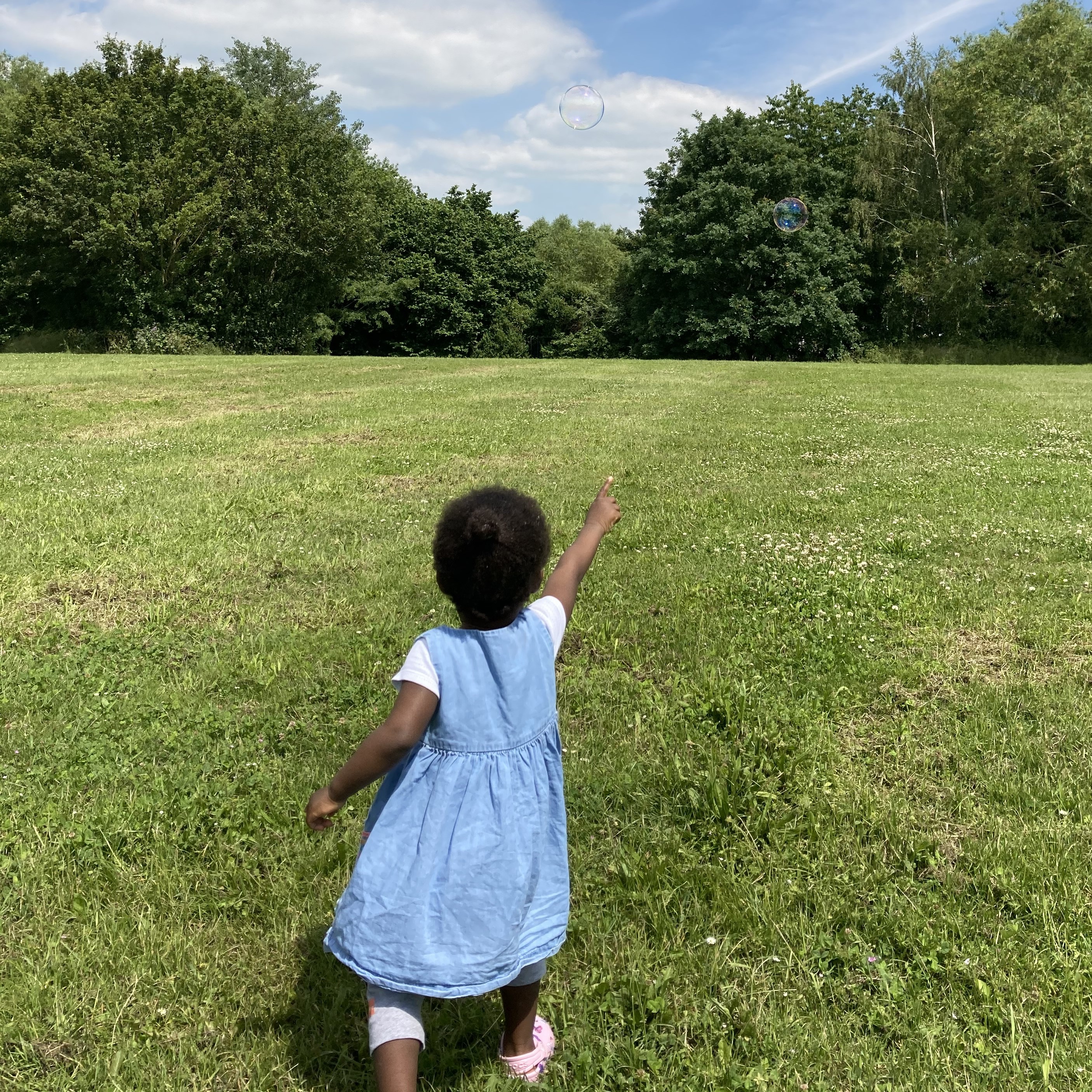
find out more or book training
tel 01865 397 970
training@peeple.org.uk
> programmes
> training courses
> dates & booking
> sign up to our e-newsletter
Side Quote Color:
early years and parenting research
The Learning Together Programme is based on research. This tells us that the most important things which make a difference to children’s outcomes are:
- the quality of the Home Learning Environment (HLE)
- the quality of relationships with their parents/ carers
- attending a quality pre-school.
Research also tells us that becoming a parent is a ‘golden moment’ for engaging with learning as an adult.
Here are links to some of the research studies from across the early years and parenting sectors that influence the development and delivery of Peep programmes. If you are a Peep-trained practitioner you can log-in to find more research links relating to specific Peep Learning Together and Antenatal topics.
that have influenced the development and delivery of peep programmes
Feature box colour:
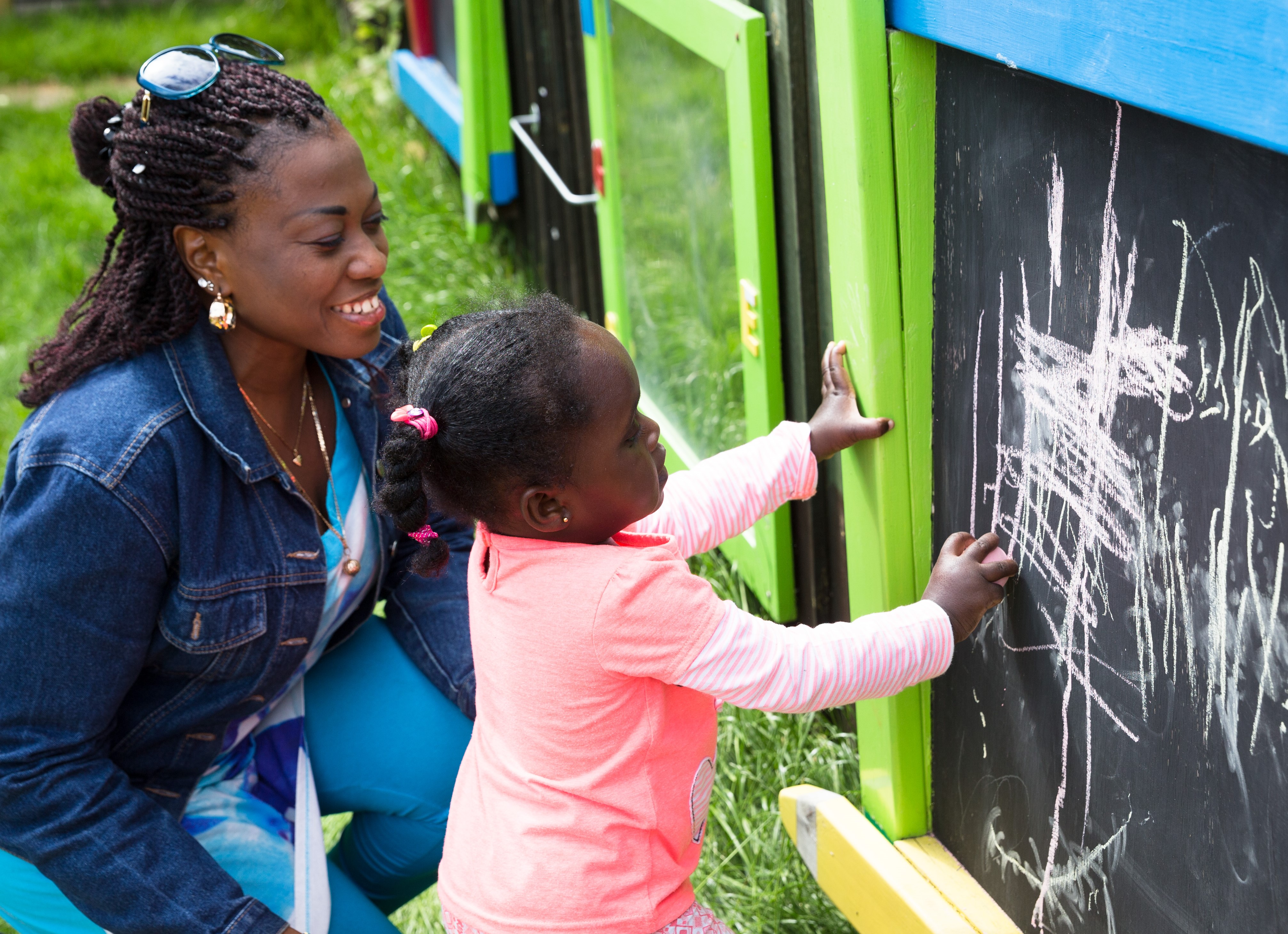
Side Quote Color:
Peep programmes
peep programmes
for practitioners to use with families
